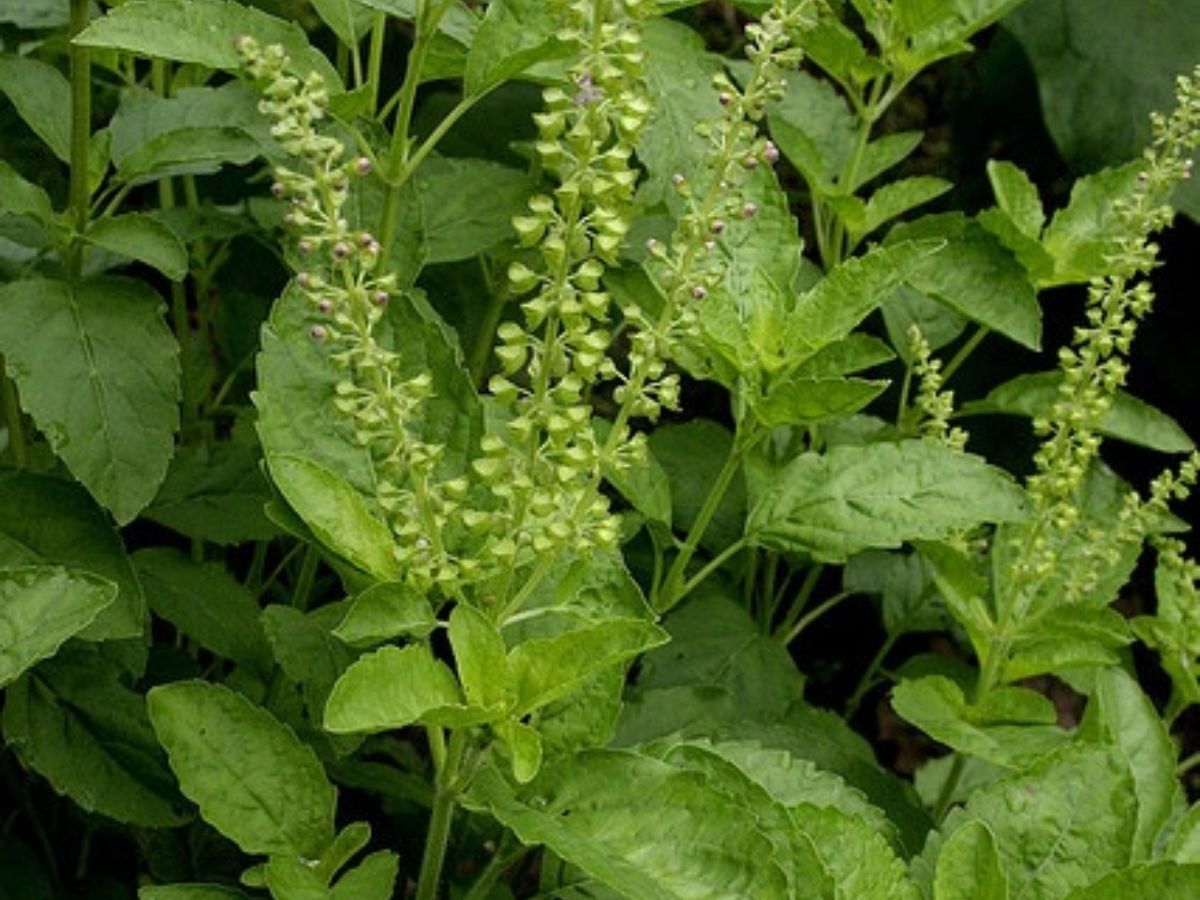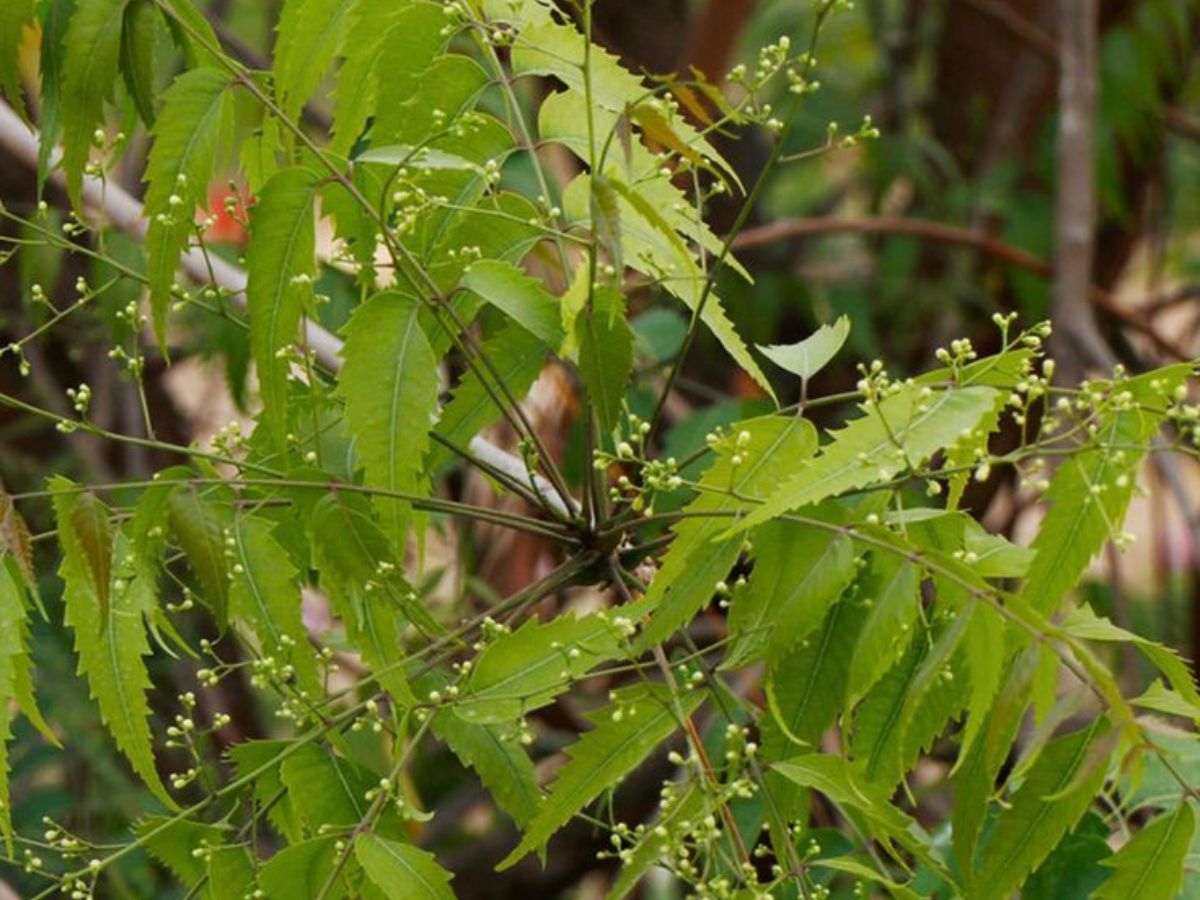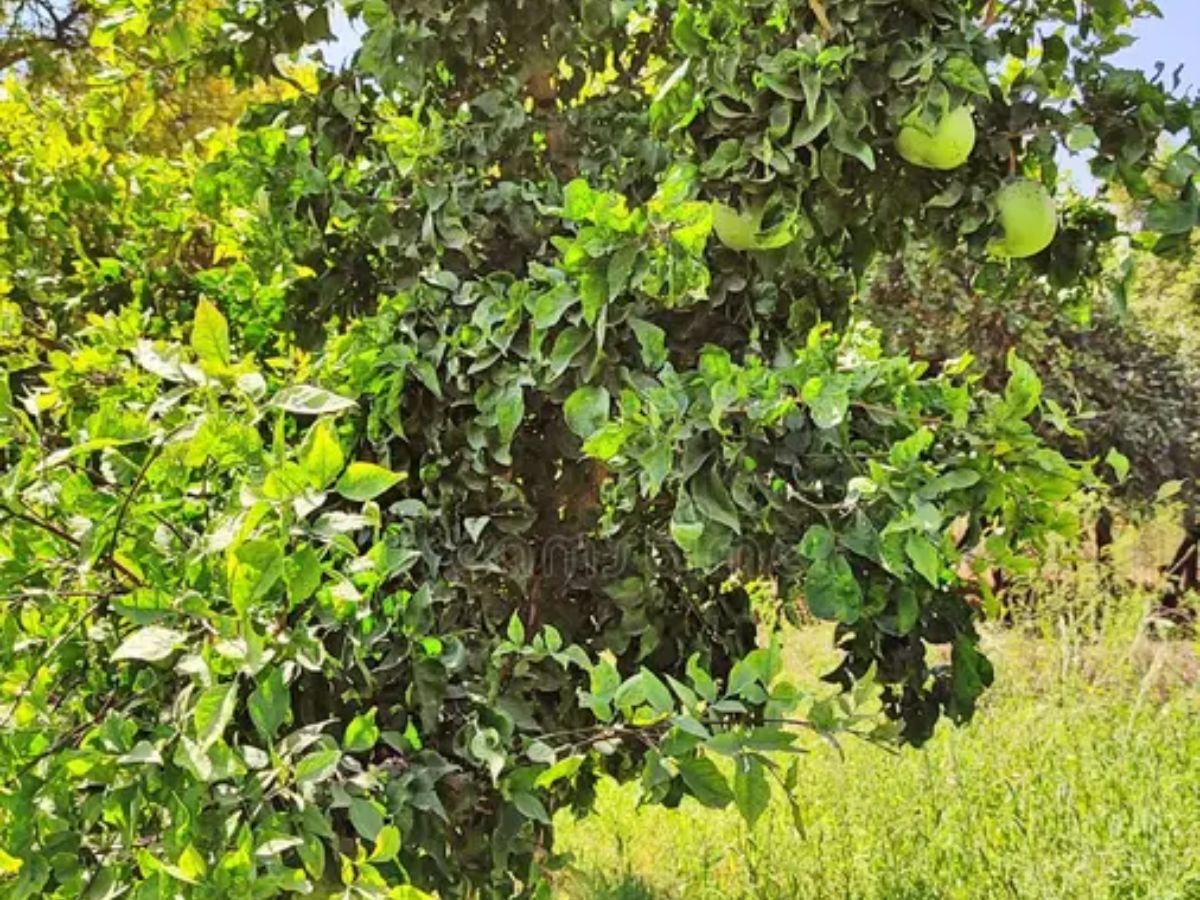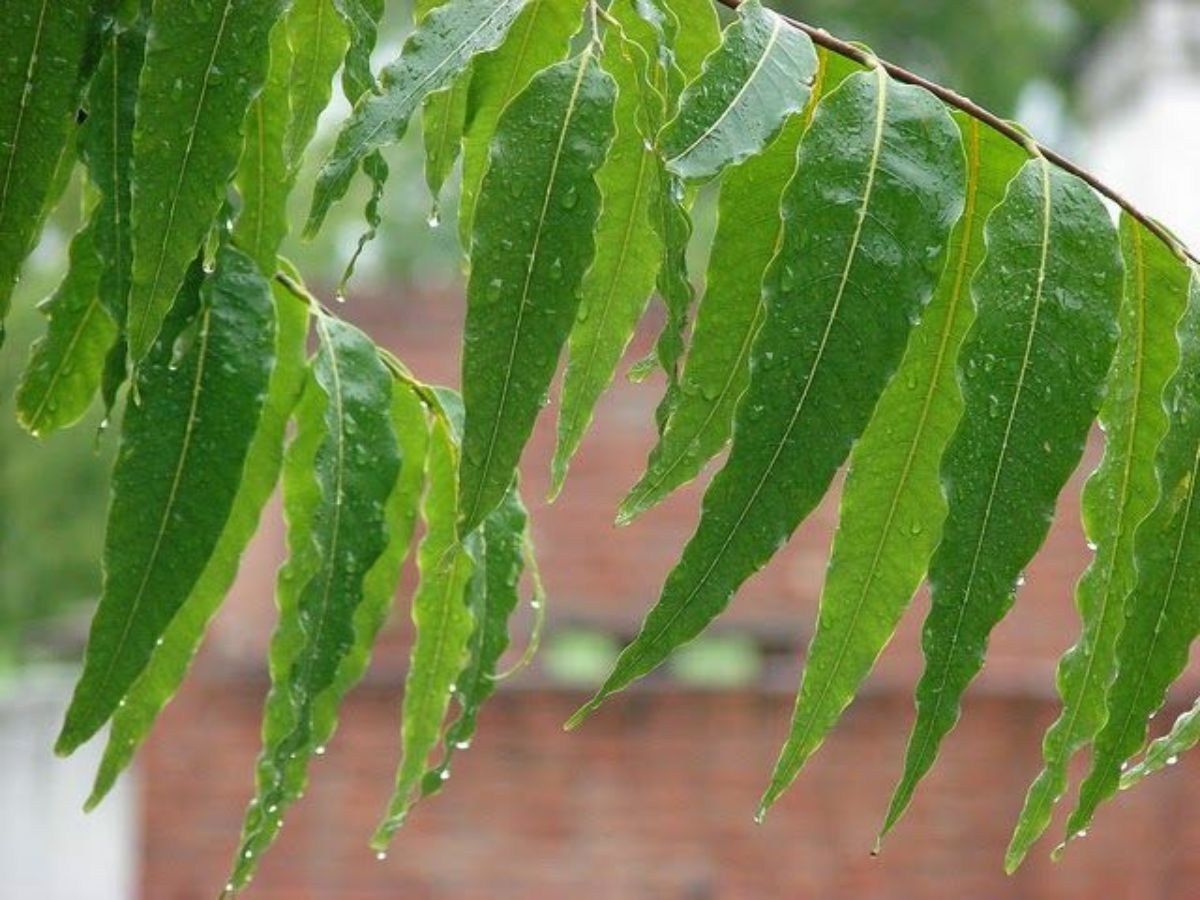Hindu Belief: 7 Sacred Plants in Indian Culture for Health and Prosperity
Some sacred plants play a significant role in the Indian tradition and culture. From Tulsi to Sandalwood, these sacred plants are more than just flora, as they carry deep religious, medical, and spiritual significance. Here are 7 sacred plants in Indian culture that are not only worshipped in Hindu rituals but are also involved in Ayurveda.
.

Tulsi- Queen of Herbs
Tulsi is one of the most sacred plants in Hinduism. Tulsi is usually associated with Goddess Lakshmi and mainly offered to Lord Vishnu and Krishna. Tulsi has its own spiritual and health benefits, it promotes positive energy, purifies the environment, strengthens the immunity, and improves digestion.

Peepal Tree- Tree of Enlightenment
Peepal tree is considered sacred in multiple religions, Hinduism, Buddhism, and Jainism, as it is believed to be Lord Vishnu’s residing place. Peepal symbolized wisdom and spiritual awakening.

Neem Tree- Divine Healer
Neem tree has multiple magnificent healing properties, one of the main reasons why it is often planted near homes and temples. Neem keeps the negative energy and evil spirits away and has many detoxifying and antibacterial properties.

Banana Plant- Symbol of Prosperity
Banana plants are often used in Hindu rituals and festivals as it is considered sacred. Even the leaves of the Banana tree are used for serving food.

Bael Tree- Dedicated to Lord Shiva
Bael tree leaves are offered to Lord Shiva during prayers, which brings blessings. Beel leaves are also used in Ayurveda for digestive and skin issues.

Ashoka Tree- For Love and Protection
Ashoka tree is frequently mentioned in the ancient Indian scriptures and Vedas. The Ashoka tree is traditionally linked to medical treatments and offers protection from negativity.

Sandalwood Tree- Scent of Divinity
Sandalwood is mainly used for spiritual purposes as it brings calmness, purity, and devotion. The sandalwood paste is often applied to devotees and is commonly added to skincare and body care products as it does wonders for skin issues.

Disclaimer
The information provided in this Photo Gallery is based on traditional Hindu beliefs, cultural practices, and commonly held spiritual views. While many of these plants are known for their health and wellness benefits in Ayurveda and folklore, the content is intended for general informational purpose only.





